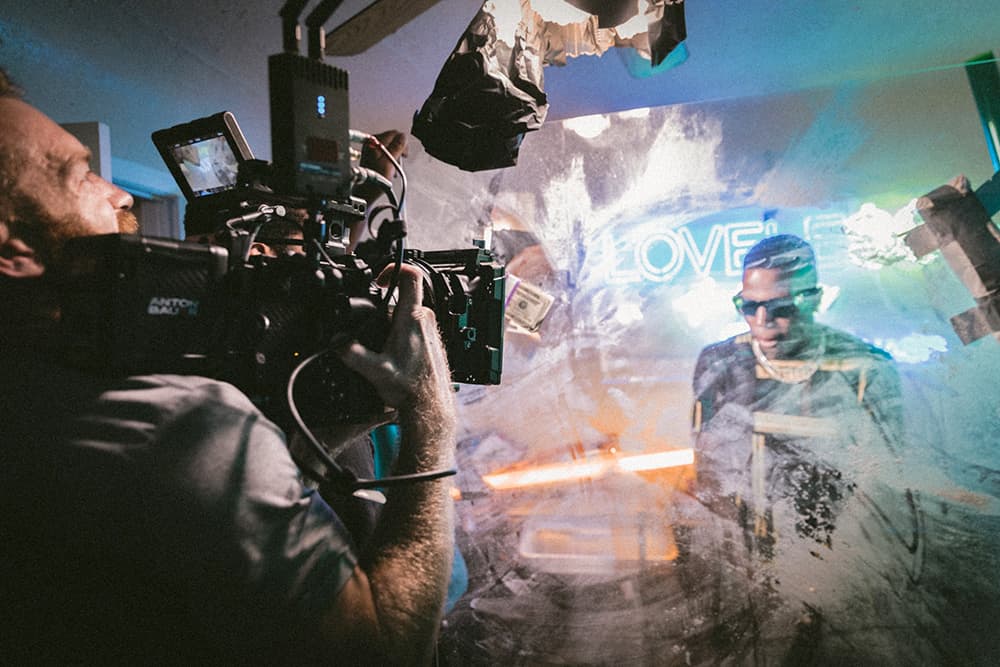
“We use narrative to label the lens through which the storyline is told.
I hear about narratives everywhere I go.”
— Leslie Yerkes
When I was in school, a narrative was a literary term associated with the storyline of a book. To be a narrator is to be the voice holding the line of the story. In its most fundamental definition, a narrative is “the spoken or written account of connected events.”
Today, narrative has evolved to mean the storyline held by a particular person, media source, organization, or political party. So for most of us, narrative not only represents the account of connected events but also the perspective of the storyteller as well.
There is powerful influence in the narrative a person holds about another person or an event; often it connects events of the past and projects them on the shape of the future. A narrative can shape a person’s behaviors and attitudes, and trigger a chain of reactions from those whom the narrative helps or hurts.
If self-awareness is low, there is a high risk that a person’s narrative does not reflect the contributing story events or the experience of others involved. Narratives can be used to protect one’s self-esteem, justify an action or reaction, and contribute to bias.
Gossip is a dangerous form of cascading narratives, ripe with misinformation.
Does any of this resonate for you?
I started thinking about narratives over the weekend as I was navigating a family misunderstanding that arose over Thanksgiving. I found myself unraveling years of unspoken needs, boundaries, and assumptions. The longer any narrative goes unspoken or unchallenged, the higher and thicker the walls of the misunderstanding become.
As I tried to step back from my personal experience and find other experiences, I searched for examples that were helpful in building a relationship and improved understanding. I also remembered situations when the narrative contributed to creating a cage that imprisoned a person and limited their ability to grow, change, or form a healthy relationship.
A narrative created and sealed in history and bias — and left to grow — will potentially become a self-fulfilling prophecy. For when I believe the limits of my storyline, I will find myself exploring only those boundaries of that narrative. If I am expansive and curious in questioning the facts that contribute to every situation, every interaction, and decision, I may find truth outside my narrative and find a solution that I had been unable to see or receive.
What I know is that until we ask, we don’t know what motivates another person. We don’t know the whole story until we engage and share.
If we live within the safety of a narrative we create to explain the world and the behaviors of others without checking or merging the stories of our mutual worlds, then we risk missing a signal that might contribute to growing, repairing, or breaking a relationship further.
Parents develop narratives to explain their children. While children may outgrow those narratives in their lives, they may never outgrow them in their parent’s eyes. Managers accumulate expectations of individuals, which start with unaddressed disconnects, then grow into reputation prisons. When we are no longer curious as to why someone does or doesn’t do something and do not confirm it with conversation, our developing narrative may seal the relationship in a place that keeps it from growing.
We all contribute to the narratives other people create about us. I believe there is a seed of truth to every opinion/perspective. Yet I question in this time of relationship segmentation, social isolation, spoken inequities, and the raising of voices if we need to step outside of the storyline that prevents us from really seeing another’s view.
Are you prepared to question the narratives that keep you feeling safe and sometimes distanced from resolving a conflict and which are projected onto individuals that you might not know fully?
I want to be responsible for what I do that may contribute to the storyline others develop about me. I want to challenge the boxes I have been cast into that have nothing to do with my reality. I want to throw open the doors of the cages of bias and perception. Those that, in this era of personal narrative creation, hold us back from understanding ourselves or another person.
I haven’t quite figured out how to heal the breach in my relationship with a family member. But I do know that healing starts with an exchange devoid of judgment and steeped in a mind open to learning something about someone else. I know it will take time, that there are layers upon layers of narratives when they are created in a vacuum and distance.
I realize that it starts with wanting to repair and care.
I also know the power of positive narratives and I want to explore that storyline as well.
I am curious to know what you think.
Will you join me?
Leslie
“The best political, social, and spiritual work we can do
is to withdraw the projection of our shadow onto others.”
― Carl G. Jung


Recent Comments